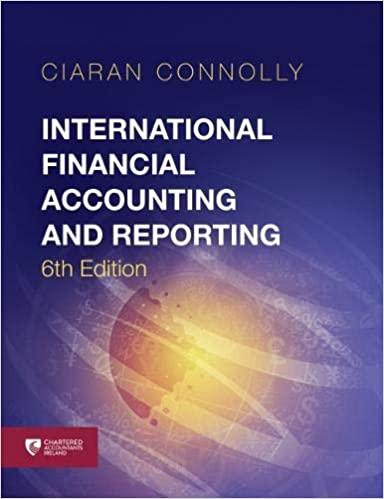BUSINESS CONCEPTS AND DEFINITIONS 1. Enterprise: This refers to the taking of risks in establishing a business. 2. Entrepreneurship: The act of combining all the other factors of production (land, labour and capital) with the aim of establishing a profitable venture for the production of goods and services. 3. Barter: The exchange of one good service for another. 4. Profit: The surplus funds which remain after all expenses have been covered. 5. Loss: The situation which exist when total sales are not enough to cover all expenses. 6. Trade: The buying and selling of goods and services. A social arrangement which pursues collective goals such as the production 7. Organisation: of goods and services. 8. Economy: The system within a country which determines the production, exchange and consumption of goods and services. Any individual or organisation which makes goods and services. Any individual or organisation which uses goods and services. 9. Producer: 10. Consumer: 11. Exchange: The voluntary trade of goods and services. 12. Goods: Tangible products which have been produced, e.g. car, rice, clothing etc. There are different types of goods Free goods- These are available to all without charge. They are gifts of nature e.g. air, sea, sunshine etc. Public goods- These are goods which can be consumed by all and are usually paid for by taxation. Consumption by one person does not exclude consumption by others. E.g. national defence. Merit goods- These goods can provide benefits to the consumer as well as to the rest of society e.g, health services and education. Intangible products which have been produced, e.g. banking, transportation, 13. Service: insurance etc. 14. Market: Any place where buyers and sellers meet to engage in trade. It is also referred to as the demand for a product. 15. Commodity: Any final good used for some purpose. 16. Capital: Money which is used in the organisation to acquire assets. It also refers to items (factories, equipment, machinery etc.) used to create final products. 17. Labour: This is the physical and mental contribution of individuals to the creation of goods and services. 18. Specialisation: This is the division of labour into specific tasks. A whole process is divided into several tasks. This helps to speed up the process and may result in an increase in productivity and a decrease in unit cost. Entrepreneur Crossword Puzzle Across Down 4. Customers desire for a product or service. 1. The act of being an entrepreneur and creating a business. 8. Someone who provides money or resources for a business, with the 2. in the US, a business containing fewer than 500 employees. expectation or financial return or other gain. 3. The goals, purpose, and work a business hopes to accomplish. 9. Someone who organizes, manages and takes on the risk of starting a 5. One who purchases a product or service. new business 6. Work done for pay that benefits someone else 11. Placing a number value/worth on a product. 7. The size, sum, or amount of countable or measurable products, 12. Money that is made/lost in a business after all costs and expenses expressed as a numerical value are paid 10. Something produced or manufactured to be sold; a good











